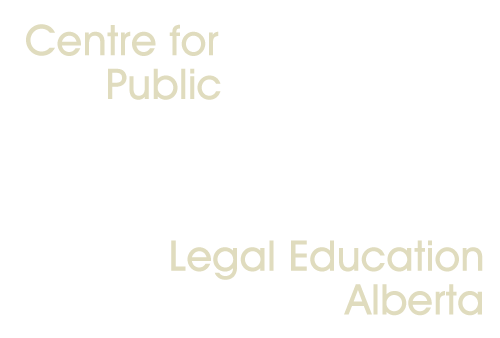Under the Residential Tenancies Act, the landlord must make sure the property is ready to for move in, on the day that the landlord said it would be ready. If the property is not ready, then you can refuse to rent it (known as repudiation of the agreement). You may also want to ask the landlord, in writing, to return your deposit. You should keep a copy of the letter. If the landlord still refuses to return the deposit to you, then you can choose to make an application against the landlord for return of the deposit to the Residential Tenancy Dispute Resolution Service, or to Alberta Court of Justice.
Alternatively, you can take legal action against the landlord by:
- Applying to the Court of King’s Bench for an order that the landlord live up to their obligation and make the property available (this is called an Order for Specific Performance of the contract).
- Pursuing a claim for damages for the landlord’s breach of the agreement.
- Pursuing a claim for special damages that arise as a result of the landlord’s actions. You would have to prove that the landlord could have reasonably known that you would suffer damages for not making the property available.
If you are considering taking legal action against your landlord, you may want to contact a lawyer to receive more information and advice on how to proceed. Here is some information on where to find help.
December 2023

